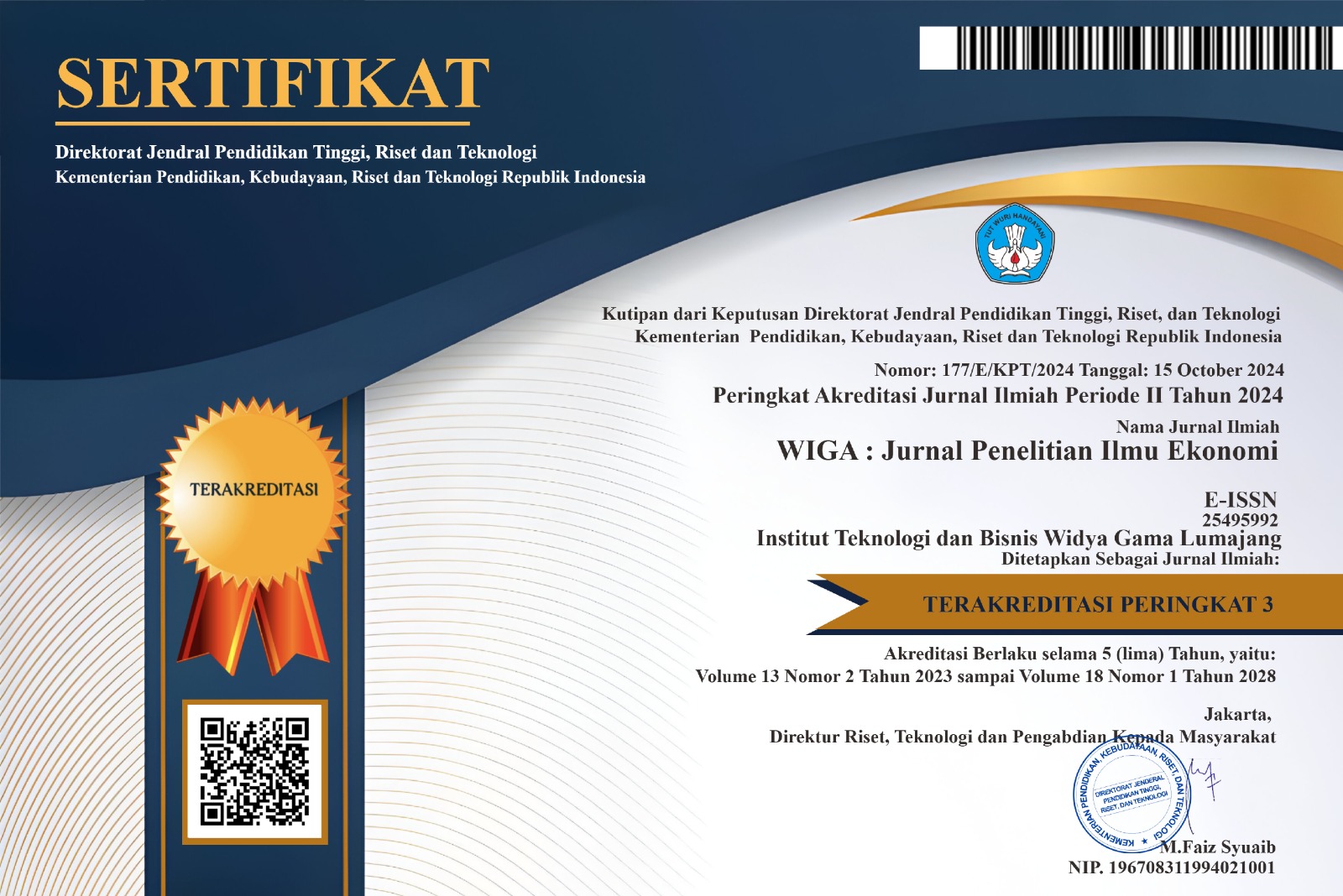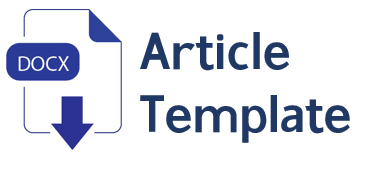Media Literacy Levels of Archivists in Institut Teknologi Sepuluh Nopember (ITS)
DOI:
https://doi.org/10.30741/wiga.v10i2.595Keywords:
Archivist, Media Literacy, CompetenceAbstract
Media literacy is a concept that describes a person's ability to utilize media, analyze information, and communicate it. This concept is used by researchers to see a person's ability to relate to information media. This study discusses the level of media literacy of archivists in the Institut Teknologi Sepuluh Nopember (ITS). The archivist has a strategic position in information management of the university. In this respect, it needs to be reviewed related to the competence of the media literacy of archivists. In this era of information, archivists are faced with various job challenges due to the development of information technology, including the fast in disseminating information and the emergence of false or misleading information (hoaxes). This condition causes archivists not only to be required to have competence in utilizing information technology but also to be able to analyze and communicate information correctly to provide a fast, accurate, and reliable service. This competency will be reflected in the level of media literacy of archivists. This research uses the descriptive quantitative method by focusing on the aspects of a phenomenon and the reality of media literacy by archivists in ITS. The level of media literacy can be seen from the Individual competence framework presented by the European Commission (2009). The result of the study showed that the media literacy of archivists in ITS is at a medium level, which indicated the competence is more focused on the ability of technical skill and critical understanding. While in the social competence aspect are classified as passive users.
Downloads
References
Buckhigam, D., Banaji, S., Carr, D., Cranmer, S., Willett, R. (2005). The Media Literacy of Children and Young People: A Review of the Research Literature. Retrieved March 20, 2012, from www.ccsonline.org.uk/mediacenter/ research_projects/unesco_policy. Html.-.
Buente, W., & Alice, R. (2008). Trends in Internet Information Behavior: 2000-2004. Journal of the American Society for Information Science. Retrieved March 20, 2012, from http://eprint.rclis.org/13679/1/RobbinTrends-2008Jun2-EntirePaper.pdf.
Dervin. (1992). Beyond Information Seeking : Towards A General Model of Information Behaviour. Information Research, 11(4). Retrieved March 20, 2018, from http://InformationR.net/ir/11-4/paper269.html.
Ellis. (1989). Theory And Explanation In Information Retrieval Research. Journal of Information. Retrieved May 12, 2019, from http://iperpin.wordpress.com/tag/perilaku_informasi.
European Commission. (2009). Study on Assessment Criteria for Media Literacy Levels. Brussels.
Fabos, B. (2004) Wrong Turn on the Information Superhighway: Education and the Commercialization of the Internet. New York: Teachers College Press.
Fedorov, Alexander. (2011). Levels Of Media Competence: Russian Approach. Acta Didactica Napocensia, 4 (2): 59-68.
Hargittai, E. & Hinnant, A. (2006). Towards a Social Framework for Information Seeking. New Directions in Human Information Behaviour. Retrieved September 14, 2018, from http://ksghome.harvard.edu/~pnorris/acrobat/digitalch3.pdf.
Horrigan, John B. (2002). New Internet Users: What They Do Online, What They Don’t, and Implications for the ‘Net’s Future. Retrieved September 8, 2017, from http://www.pewinternet.org/pdfs/New User Report.pdf.
Junni, P. (2007). Students Seeking Information For Their Masters' Theses: The Effect Of The Internet, Swedish School Of Economics And Business Administration, Retrieved August 20, 2008, from http://oacs.shh.fi/publications/JunniIRarticle.pdf.
Livingstone, Sonia & Bober, M. (2004). Uk Children Go Online: Surveying the Experiences of Young People and Their Parents, London, LSE Research Online, Retrieved September, 19, 2008, from http://eprints.1se.ac.uk/archive/00000395.
Livingstone, S., Van Couvering, E. & Thumim, N. (2005). Adult Media Literacy: A Review of the Research Literature. London: Ofcom.
Meho, L. I. & Tibbo, H. R. (2003). Modelling The Information-Seeking Behaviour of Social Scientist: Ellis’s Revisited. Journal of The American Society for Information Science and Technology, 54(6) 570-587, diakses tanggal 1 Juli 2007, tersedia pada http://dlist.sir.arizona.edu/1641/01/meho-tibbo.pdf.
Potter, M. (2011). What’s the Matter with the Internet?. Minneapolis: University of Minnesota.
Rizkinaswara. (2019). Literasi Digital. Retrieved May, 13, 2020, from https://aptika.kominfo.go.id/2019/08/literasi-digital-2/.
Sugiyono. (2008). Metode Penelitian Pendidikan: Pendekatan Kuantitatif, Kualitatif, dan R & D. Bandung: Alfabeta.
Downloads
Published
How to Cite
Issue
Section
License
Copyright (c) 2020 Agus Santoso, Isminarti

This work is licensed under a Creative Commons Attribution-ShareAlike 4.0 International License.










